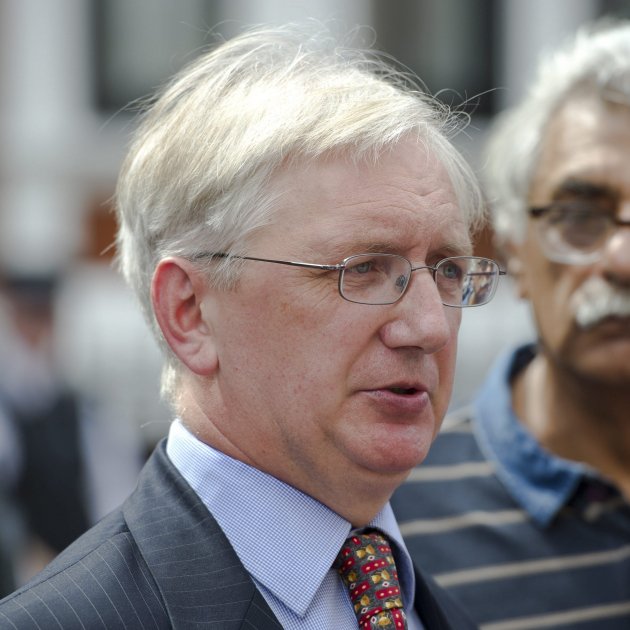Former UK ambassador Craig Murray has stated on Twitter that "dissolving a working parliament to force a new election, because you do not like the way people voted, is undeniably fascism". He sent this tweet this Friday afternoon after the Spanish prime minister, Mariano Rajoy, confirmed he has an agreement with two of the principal opposition parties, PSOE (Spanish Socialist Workers' Party) and Cs (Citizens) to apply article 155 of the Constitution in Catalonia and intervene in the region's autonomy. The expectation is that the measure will be used to take control of the Catalan government, dissolve the Catalan Parliament and call elections.
Murray was the British ambassador to Uzbekistan from 2002 to 2004 where he famously accused the government of human rights violations. He was later Rector of the University of Dundee from 2007 to 2010. He has also written a number of books.
The former ambassador, who has a blog where he writes on human rights issues, has also published an article on his website on the situation in Catalonia called "Spain is Operating Way Beyond Democratic Legitimacy". The title refers to his opinion on the "imprisoning [of] Catalan leaders for peaceful campaigning for Independence, and [the choice] both in rhetoric and in court to treat support for Independence as 'sedition'". He accuses the Spanish government of "ignoring the basic human rights of freedom of speech and freedom of assembly".
Murray also says that the Spanish government is "undertaking massive blocking of communication and censorship of the internet in a manner never seen before in a 'Western' state". He is especially critical that the central government has decided to revoke Catalan autonomy as its response when the Catalan government is "explicitly offering dialogue as an alternative to" a unilateral declaration of independence, a move he sees as "unreasonable".
The ambassador also discusses the police repression seen during the 1st October referendum and criticises the reaction towards it from the European Union, going as far as to say it has forced him to "rethink [his] entire position on that institution".
